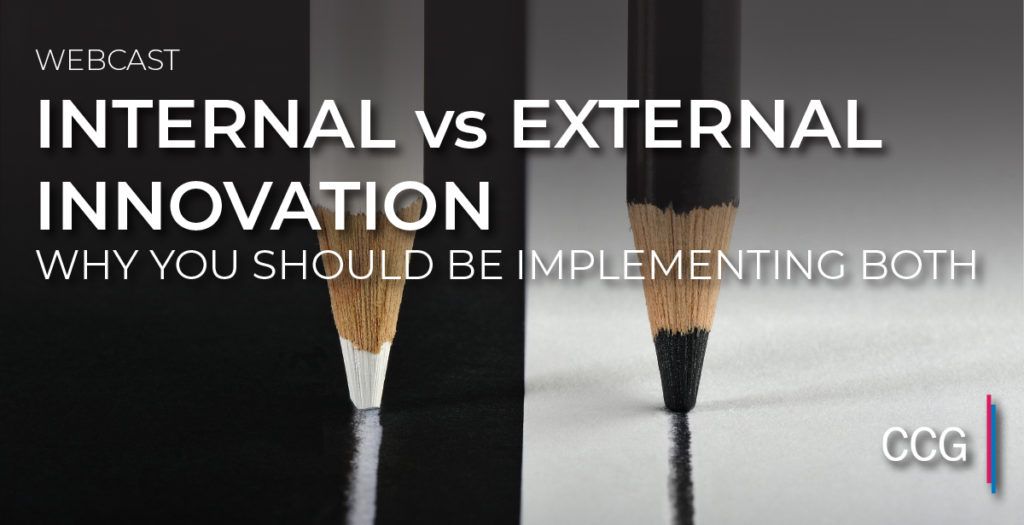Money Isn’t Everything
5 keys to negotiating better vendor contracts
I was recently brought in by a community bank to help with their core vendor contract negotiations. The bank had a good relationship with their long-term vendor and considered the vendor both a friend and a partner. The bank had also negotiated previous contracts internally. I recommended that the bank shop another vendor to compare pricing.
Although hesitant to upset their current vendor, the bank took our advice.
Competitive bidding revealed that the bank had been paying almost 50% more than they should have been for many years. Although the incumbent vendor was willing to meet the new bid, bank management was so upset that the bank had been taken advantage for so long that they signed on with the new vendor.
The price savings was multi-million-dollar savings over the length of the contract.
Another client, a large multi-state regional bank, recently acquired a large in-state bank. Instead of defaulting to the bigger bank’s core processing vendor, the bank got a bid from the other bank’s vendor. Over the life of the contract, the merged bank found it could save millions. Guess which vendor they selected.
If you haven’t negotiated your vendor contracts recently, or if you’ve negotiated those contracts internally, you may be leaving significant dollars on the table.
Following are five considerations to keep in mind as you negotiate vendor contracts.
1. Incorporate Market Intelligence
Perhaps you fancy yourself a pretty savvy negotiator. You may have experience negotiating commercial loan terms. You’re an old hat at negotiating vendor contracts. You even negotiated a 10% discount on your core banking contract, just by asking. (If they discounted 10% quickly, that’s just a bribe to halt negotiations.)
No matter how good a negotiator you are, you are missing a critical component: Market knowledge. Do you know what other banks are paying for similar products and services? How are terms and service level agreements (SLA) structured at other banks? How badly does this vendor want your business?
Market knowledge enables you to negotiate the best deal.
Think about other contracts. When buying and selling real estate, most people are well-served by an agent or broker who is knowledgeable in the local market. If you are leasing space, an attorney familiar with commercial leasing reviews the contract.
Bring in an expert with a firm grasp on changes in the competitive landscape. For example, Fiserv recently merger with First Data, how will that transaction impact market pricing?
However, be wary of experts that charge a percentage of the amount saved or agree to a fixed rate plus a bonus for negotiating bigger savings (which is just a disguised percentage deal). You don’t want an expert only focused on getting the lowest price since…
2. There’s More to Contract Negotiation than Price
Contracts are more than just money. They also include services and terms, which can be as—or even more—valuable than price. Like a commercial loan, there are no rules. Everything is negotiable, including your account manager, your service level agreements (SLA), and contract length.
We recently worked with a bank with a stated strategy to sell in three years. Imagine our surprise when we found that the bank had just entered into a seven year contract with their core vendor.
Liquidated damages for breaking a contract early are significant.
If you plan to sell your bank or merge or acquire another bank, negotiate a flexible contract. You may want to agree to a longer term contract for better pricing, but negotiate an option to end early. Or, include a clause for lower pricing due to increased transaction volume if you grow due to an acquisition.
Look carefully at terms. For example, it’s common for a contract to give the vendor the right to adjust pricing based on the consumer price index (CPI) or no more than 5%. Guess what? Your pricing will increase 5%. Instead, negotiate an increase tied to CPI. If CPI is 1%, your increase is only 1%, not 5%. Over the life of a multi-million dollar contract, 4% adds up quickly.
3. Competition is Good
If you are competing for a commercial loan and the customer ‘shops’ his loan elsewhere, you will likely be more aggressive on your terms and pricing if you want to win the business.
Hands down, the best weapon in contract negotiations is competition.
Competition keeps vendors negotiating fairly and honestly. Bringing in another vendor also addresses your vendor management fiduciary duty to ensure that the solution meets your bank’s strategic objectives.
Hesitant to even consider another vendor due to conversion risk? You can mitigate conversion risk. But the strategic risk of having the wrong technology and infrastructure is much more dangerous.
Always negotiate with another vendor in the mix. Always.
4. Size Does Matter
The number of banks is shrinking due to mergers and acquisitions. With fewer banks to sell to, you become more valuable to vendors. Use that to your advantage in negotiations.
Remember that revenue motivates vendors. In a consolidating banking environment, your revenue becomes more important.
So yes, bigger banks have a bigger club.
However, if you decide to align with a single technology vendor in an effort to negotiate lower pricing, you may win on pricing, but you’ve also exposed the bank to significant vendor risk. If that vendor is acquired (and consolidation is occurring in the vendor market as well), you may find that the merged vendor no longer meets your needs.
The other risk of using fewer vendors is competitive. If a single vendor provides your core processing, online banking, and mobile banking, what makes you different than the bank down the street using the same vendor? Differentiation is difficult–if not impossible–if you use the same technology stack as your competitors.
5. Price Should Not Be the Determining Factor
It can be tempting to select a vendor based on cost. While cost is obviously an important consideration when deciding which vendor will win your business, it’s not the most important.
Not every technology system is the same. Functions may be similar across solutions, but each has different underlying architectures, process workflows, and is designed to support different strategies.
Not every vendor is the same. Cultural fit between the bank and the vendor is also critical. Does the vendor understand your strategy or do they offer the same cookie-cutter solution to the bank down the street? How experienced are their employees? Is there a lot of employee churn?
And even if you negotiate a better price from your current vendor, ask if your current strategy still aligns with this vendor. If you’ve made changes to your overall bank strategy, it’s possible that your technology may need to change as well.
Less Pain, More Gain
Contract negotiations don’t have to be painful. They aren’t about beating up your vendor or empty threats to take your business elsewhere. But contract negotiations are about significant cost savings, better contract terms, and perhaps even more important, a technology solution that supports your overall bank strategy.
If you have been ‘rubber stamping’ your vendor contracts, pricing is probably too high. And since having the right technology solution at the right price improve efficiency, an efficiency ratio that is higher than you would like is a red flag that you may be paying too much or have the wrong technology solution for you current needs.
In vendor contract negotiations, knowledge is power.
Subscribe to CCG Insights by CCG Catalyst Consulting Group.








